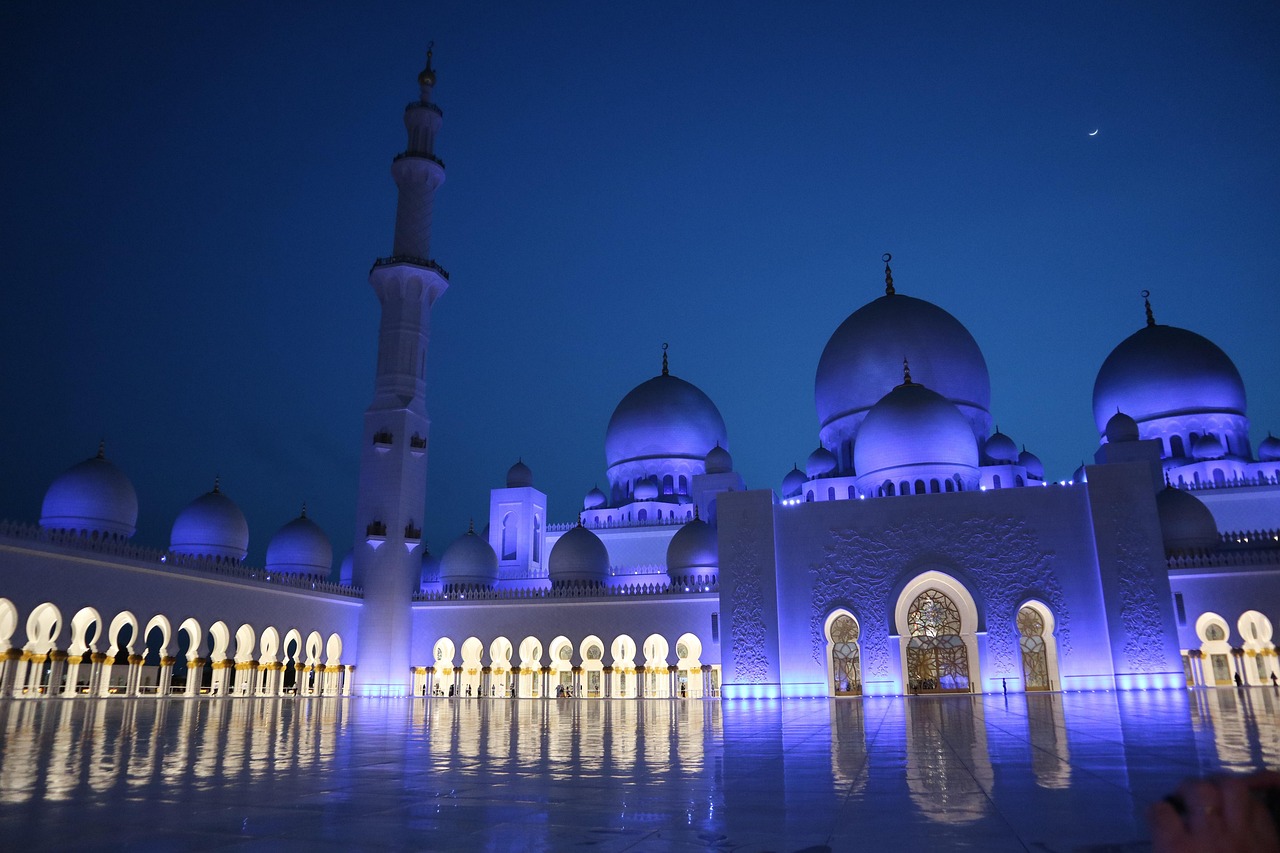Islam, with over a billion followers, is among the world’s major religions. It stands not merely as a system of beliefs but as a holistic way of life. This post delves into the richness of its beliefs, history, and practices.

Origins: Islam’s genesis traces back to the 7th century in Mecca, now in Saudi Arabia. Prophet Muhammad is heralded as its founder, but he emphasized that he wasn’t introducing a new religion, but restoring an ancient faith practiced by prophets like Abraham, Moses, and Jesus.
The Quranic Revelation: Over 23 years, Prophet Muhammad received revelations from God, compiled into the Quran after his death. This text remains unchanged, serving as the primary source of Islamic teachings.
Mecca’s Significance: Mecca, the birthplace of Islam, is central to the religion. It was a major trading hub, but also a place of idol worship until the advent of Islam. The Kaaba, believed to be built by Abraham and his son Ishmael, remains the qibla (direction of prayer) for Muslims worldwide.
Migration to Medina: Faced with growing persecution, Prophet Muhammad and his followers migrated to Medina in 622 CE. This event, called the Hijra, is so seminal that it marks the beginning of the Islamic calendar.
The Six Articles of Faith:
Tawhid: More than mere monotheism, it’s the belief in God’s absolute oneness in essence, attributes, and actions. Associating partners with God (shirk) is considered the gravest sin in Islam.
Angels: Angels are made of light and don’t possess free will. They execute God’s commands. Famous angels include Izra’il (Angel of Death) and Israfil (Angel who blows the trumpet to signal the Day of Judgment).
Holy Books: Beyond the aforementioned scriptures, there are books like the Scrolls of Abraham and the Book of John the Baptist, believed to be lost over time.
Prophets: Each prophet delivered God’s message tailored for their specific communities. While Muhammad is the final prophet for all of humanity, Jesus holds a special place and is believed to return before the end of times.
Judgment Day: This encompasses resurrection, judgment, Heaven (Jannah), and Hell (Jahannam). It’s not just deeds, but intentions that are judged.
Divine Decree (Qadar): It’s a balance between God’s knowledge and human free will. While God knows all outcomes, humans make genuine choices.
These foundational practices shape the lives of adherents:
Shahada: A simple, profound declaration of faith that there is no God wortly to be woship except Allah and Muhammad is His Messenger (peace be upon Him).
Salat: The daily prayers are preceded by a ritual purification called wudu (ablution). Each prayer consists of units called rak’ahs, and during these, verses from the Quran are recited.
Sawm: Ramadan commemorates the month when the Quran was first revealed. Fasting cultivates empathy for the less fortunate and serves as a spiritual cleanse.
Zakat: It’s not merely charity, but a wealth redistribution system. A fixed percentage (usually 2.5% of savings) is given to specified categories, including the poor, orphans, and travelers.
Hajj: Each ritual recalls an event from the life of Abraham, Hagar, or Ishmael. For instance, the Sa’ee (walking between Safa and Marwah) remembers Hagar’s desperate search for water.
Jihad: Often misunderstood, it primarily means ‘struggle.’ It emphasizes personal spiritual struggle over any militant interpretation.
Islamic Law (Sharia): Rooted in the Quran and Hadith (Prophet’s sayings), it covers various life aspects, but interpretations vary widely.
Sufism: An Islamic mysticism branch emphasizing a personal connection with the divine, often through rituals and poetry.
Sunni and Shia: These are the primary sects, originating from a disagreement about Prophet Muhammad’s rightful successor. They share core beliefs but differ in some practices and historical narratives.
Sunni: Sunnis form the majority. They recognize the first four caliphs and follow various jurisprudential schools like Hanafi, Maliki, Shafi’i, and Hanbali.
Shia: Shias believe Ali, Prophet Muhammad’s cousin, and son-in-law, was the rightful successor. They have their own jurisprudential traditions and commemorate events like Ashura, marking the martyrdom of Imam Hussain, Ali’s son.
Sufism: Not a sect but a broader style of worship that emphasizes mysticism. Orders within Sufism, like the Mevlevi and Naqshbandi, have their own rituals.
Other Sects: While lesser-known, groups like the Ibadi and Ahmadiyya have significant followers in specific regions.
As Islam spread, it absorbed and influenced various cultures. This is evident in:
Islam today isn’t static. New discussions revolve around:
Islam, encompassing a rich tapestry of beliefs, traditions, and history, remains a vital force in countless lives worldwide. While this post offers an overview, the depth and breadth of Islam invite ongoing exploration and understanding. If you are interested in learning more about Islam, you can visit our dedicated course page.
Discover the experiences of our delighted clients who have thoroughly enjoyed utilizing this standout feature.
Alhamdulillah I‘m very pleased with the arabic and Qur’an lessons I receive from teacher Umm Tasneem and I‘m also content with the al-dirassa administration team who were very quick in answering any questions I had. In a month I progressed a lot and I cannot wait to continue my studies with al-dirassa. May Allah reward everyone at al-dirassa.
Verified review - view original
My Qur’an teacher is fantastic, she teaches me in a loving and kind way where I look forward to the lessons and learn so much. My Arabic teacher is equally as nice and has a lot of patience with me, she has great expertise in the field and I’ve progressed really quickly with her. Thank you Al-dirassa!
Verified review - view original
Don’t want to go through the translation anymore?
30 free minutes with your qualified Egyptian teacher.

Al-dirassa Institute offers you a gift to help you begin your journey to being fluent in Arabic and learning the Quran.

Al-dirassa Institute offers you a gift to help you begin your journey to being fluent in Arabic and learning the Quran.